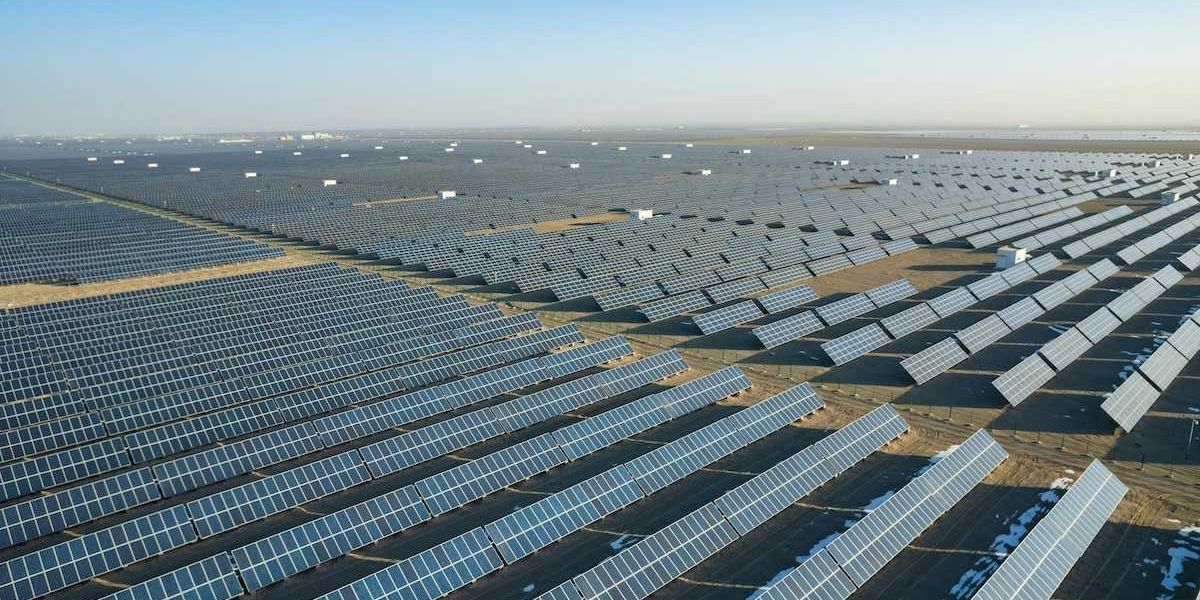
Big Oil flows a little bit backward
Pipelines have had a very bad July (so far).
Think for a minute how much the world's energy profile has changed in the past decade. Wind and solar have finally begun to shake their slumber. Big Coal is in tatters.
And stunningly, for a fleeting moment this spring, there was such an oversupply of oil that its per-barrel price briefly went negative —oil suppliers would pay others to take the stuff off their hands.
The pipeline industry is the latest sector on the defensive. On July 6, a federal judge temporarily shut down the Dakota Access Pipeline (DAPL), citing inadequate environmental review by the U.S. Army Corps of Engineers.
Years of protests led by the Standing Rock Sioux Tribe, backed by years of litigation, stopped DAPL's flow of diluted bitumen, a particularly toxic form of heavy oil.
In the southeast, the yet-unbuilt 600 miles of the Atlantic Coast Pipeline will never be built. Its owners, Dominion Energy and Duke Energy, had hoped to pump natural gas from West Virginia and Pennsylvania, to serve its customers in Virginia and North Carolina. But the rising costs and delays of pipeline construction ran headlong into protests, environmental laws, and market forces, so Duke and Dominion pulled the plug on the project on July 5. Construction crews won't be tunneling under the iconic Appalachian Trail after all.
Energy Secretary Dan Brouillette knew an enemy when he saw one: The First Amendment. Brouillette pinned the blame for these pipeline setbacks squarely on the Native Americans, environmentalists, farmers, ranchers and property rights advocates whose hell-raising has made pipeline-building a bad economic bet.
"I'm not quite sure what (activists) are cheering except for perhaps the loss of jobs all throughout America," he said during an interview on the Fox Business Network.
The Secretary, a lobbyist who replaced Rick Perry, the newest member of the Board of DAPL's parent company, isn't the only one alarmed by the protests. Seven states have passed laws to crack down on pipeline protests, while six more states have bills pending. All are the handiwork of the American Legislative Exchange Council (ALEC), an anti-regulatory bill factory that delivers cut-out bills to pliant legislators.
As I wrote last week, fracking titans like Chesapeake Energy are also on the ropes. But none of this should lead us into an assumption that Big Oil will soon dry up and blow away.
Coal is hurting in the U.S., but it's still thriving in much of the developing world—climate change concerns be damned. And as the world's billion-plus cars and trucks will still largely run on fossil fuels for years to come, there won't be a death watch for petroleum for a while.
We're only three years beyond Exxon's recently-retired CEO, Rex Tillerson's, brief spin as Secretary of State. You may recall that Rex T.'s career as fourth in line of succession to the presidency lasted barely a year before relative decency and humanity disqualified him from further service to the Trump White House.
(Permit me a digression into a now-forgotten moment of extreme irony. Back in 2014 while he was still ExxonMobil's CEO, Tillerson joined his neighbors in their wealthy Bartonville, Texas, enclave in a lawsuit to halt a nearby fracking project, citing noise, aesthetics and a decline in property values. Tillerson quit the suit when the bad optics of a major oil CEO suing a small fracking jobber made headlines.)
My thoughts return to the thousands of citizens who rebelled against the government's wishes to build a pipeline through the heart of the old Confederacy.
Under different circumstances, the president might love to see them on a monument.
Peter Dykstra is our weekend editor and columnist.
His views do not necessarily represent those of Environmental Health News, The Daily Climate or publisher, Environmental Health Sciences.
Contact him at pdykstra@ehn.org or on Twitter at @Pdykstra.
Banner photo: A Dakota Access Pipeline protest in 2016. (Credit: Joe Brusky/flickr)













